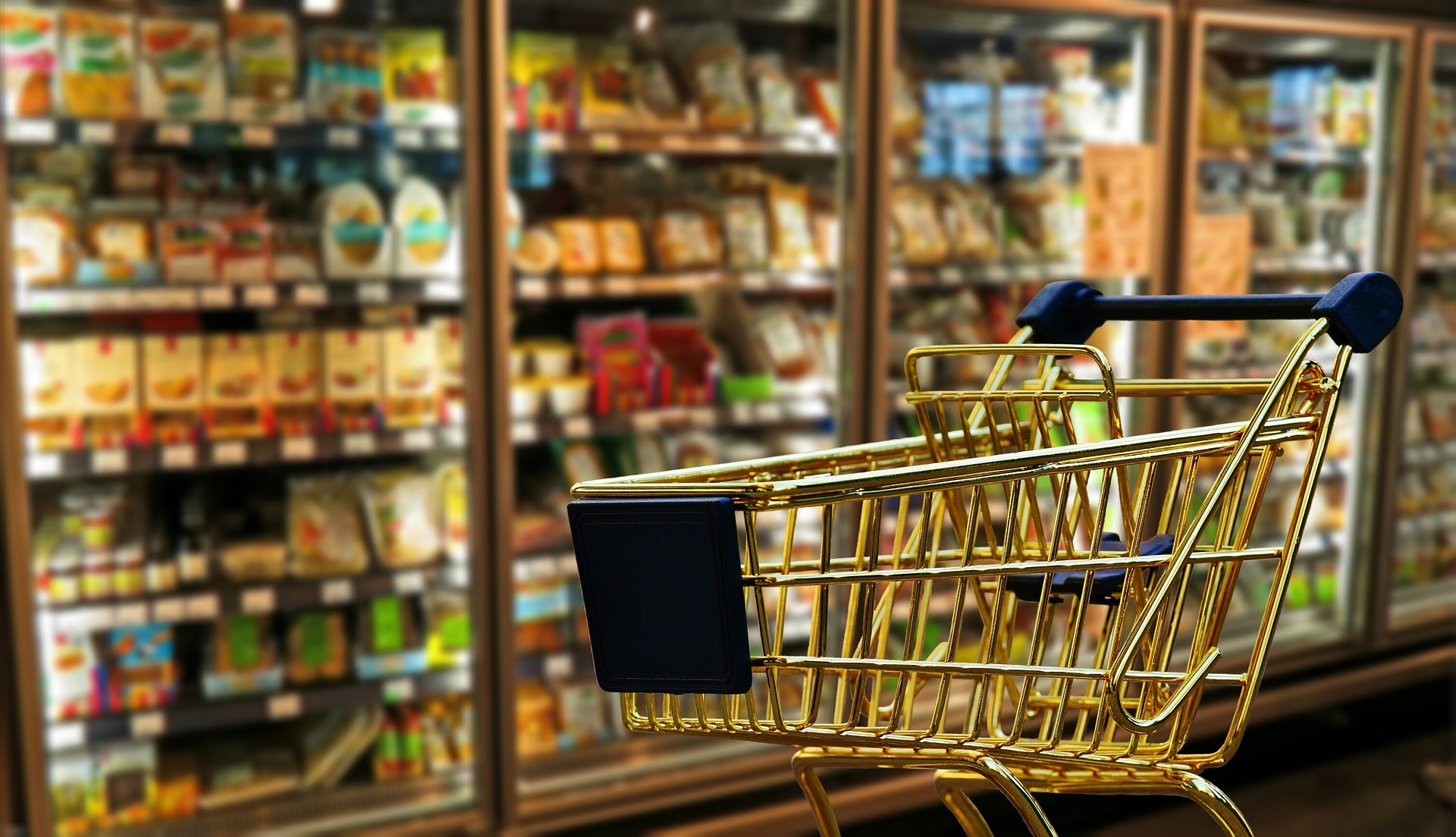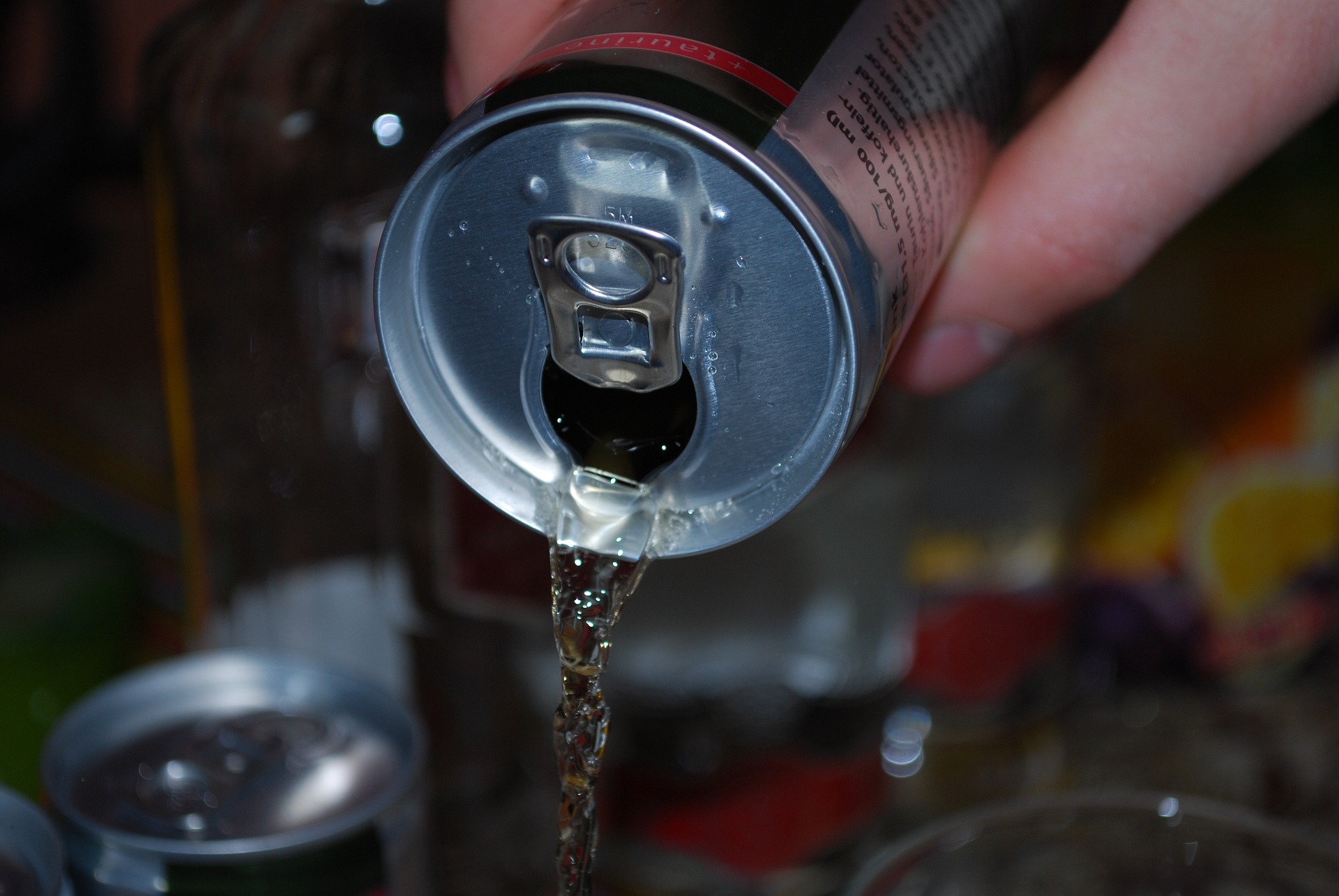
In addition to infringements, the GVH also has a complex commitment program against the company.Continue reading

The Hungarian Energy Drinks Association has been targeted by the Hungarian Competition Authority (GVH), reports Világgazdaság. The competition authority wants to find out whether energy drinks are as healthy as advertisements claim. The GVH believes that consumers, including vulnerable consumers, are likely to have been misled.
The Hungarian Competition Authority has opened a competition investigation against the Hungarian Energy Drinks Association (MESZ) for allegedly misleading consumers. The GVH suspects that several communication campaigns promoting energy drinks in the past year were primarily aimed at the younger age group, therefore they may have affected or influenced a vulnerable group of consumers.
According to the Competition Authority,
the Hungarian Energy Drinks Association has been making probably unfounded claims about the health benefits of energy drinks in its campaigns promoting responsible consumption of energy drinks since October last year
on its Instagram and TikTok pages, on the association’s official website, and on national television programs.
The GVH cited some of these:
The GVH is also concerned that the MESZ had made a likely false claim and implied that energy drinks prevent disease when it wrote the following: “caffeine is a powerful stimulant of the brain and therefore the consumption of energy drinks can greatly reduce the risk of developing Alzheimer’s disease.”
The Competition Authority suspects that the Energy Drinks Association has misled consumers with these claims and will investigate whether the organization can provide evidence to support its concerns.
In other words, the GVH is not assessing the physiological or health effects of energy drinks, but the substantiation of the advertising communication, and therefore the messages. “The opening of a competition procedure does not imply a declaration that the MESZ has committed the infringement,” stressed the GVH, which has three months to conduct its investigation.
The general justification for the bill is that the proportion of energy drink consumers under the age of 18 is steadily increasing. Since November 1, 2011, the National Center for Public Health and Pharmacy has received nearly 500 reports of incidents, sickness, and adverse symptoms related to energy drink consumption.
Via Világgazdaság; Featured image via Pixabay